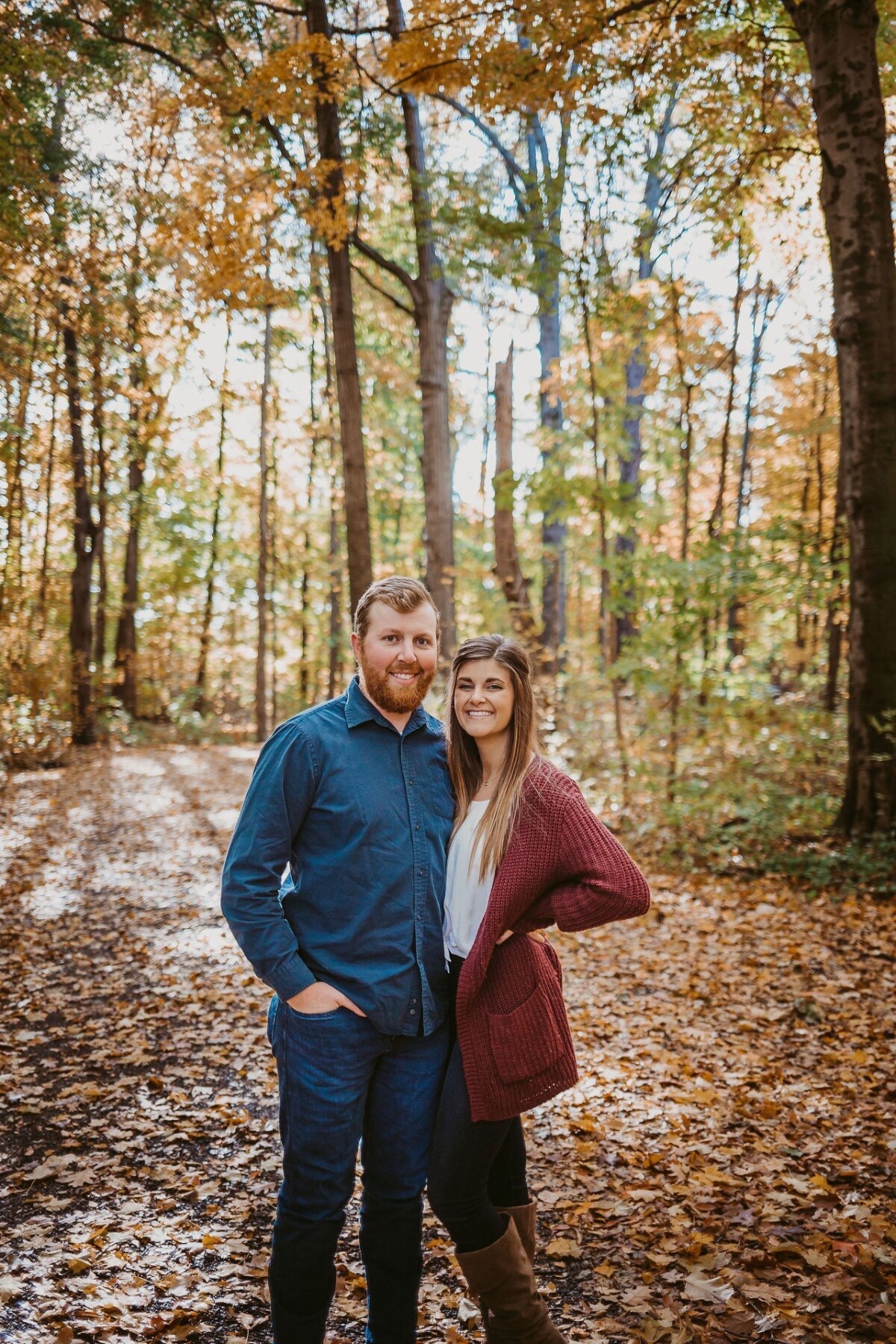Adoptions fail for the same reasons that they succeed: Some times they’re meant to be; other times they’re not.
So while your immediate reaction may be to blame yourself, a better approach is to understand that you probably had nothing to do with it at all. Another way to look at it is that the birth family that’s looking for you hasn’t found you yet.
There is no one reason why adoptions fall apart. In open adoption, prospective birth mothers not only have the ability to change their mind—it’s their right.
Indeed, it’s the main reason why most couples hoping to adopt end up pursuing other adoption routes. They don’t want to take the risk. That doesn’t change things or make them easier for you. But it is something to think about as you go through the process.
Knowing that a failed adoption could happen is one thing. Having it happen to you is something else. No waiting parent gets involved in a situation thinking the prospective birth mother will change her mind.
Getting emotionally involved with a prospective birthmother before the relinquishment papers have been signed is a big no-no. The reason you know that is because everyone from your adoption worker to your family and friends have told you so.
And despite their warnings, it’s next to impossible not to get emotionally attached, especially if you feel like you’ve clicked with the prospective birth mother and that she’s counting on your for support.
So what do you do? You can’t go into a situation half-way. And over the coming weeks and months, as you get to know each other better and spend more time together, it’s hard not to bond.
So when your relationship goes south, it’s hard not to feel shocked and betrayed. After all, this was a person that you shared your most intimate thoughts and secrets with and made plans for the future. You might have met her family and received a copy of her ultrasound.
She may have even invited you to the birth and told you she wanted you to be the first person in the world to hold her baby. And she might have told you that other people would change their mind, but never her.
A disrupted adoption is one of the hardest things you’ll ever have to deal with, particularly if you brought the baby home with you and starting the bonding process. You can beat yourself up and get angry, but it won’t change anything.
You may pride yourself about your understanding of people, but this has nothing to do with it. Even when you retrace your steps, the warning signs may not have been evident. So how could this have happened? How could someone have pulled the wool over your eyes so easily?
And yet that’s the wrong way to look at it. The expectant parents probably were pursuing adoption initially. But then something came up that caused her to changed her mind.
- She might have decided that she could parent after all
- Her parents might have offered to support her and gave her a place to stay
- The baby’s father may have decided he wanted to make a go of it
- She might have found another couple that she felt was a better fit e.g. because they lived closer to her
- The pain of relinquishing her child might have been too great for her to bear
The road to recovery from a failed adoption is long and painful. Here are some tips to help you along
Give yourself time to grieve. A failed adoption is devastating. Acknowledge your pain and your loss and discuss your feelings with your partner. In all likelihood, he or she feels the same way. Together, you’ll emerge from your crisis even more united.
Try to get answers. The expectant mother may not tell you why she changed her mind. And legally, she doesn’t have to tell you. You can ask, but don’t expect answers. Anything you do get, however, may put your mind at ease.
Join a support group. A failed adoption can leave you feeling depressed and empty. Get in touch with other adoptive parents who have been in your shoes. Most people won’t understand what you’re going through, but they will.
See a counsellor. If things don’t get better in time, think about seeing a professional. This could help you process your loss and let you move on to the next stage.
Don’t give up hope. As hard as you may find it hard to believe, the moment will pass. There will be other opportunities if you allow yourself to pursue them. Be good to yourself and to your partner and don’t make any big decisions until you’re ready.
Each failed adoption fails for its own reasons. Just because one situation didn’t work out doesn’t mean the next one won’t either. For all you know, you could be closer to reaching your goal.
So rather than focus on what you’ve lost, think about all the things you have, starting with your partner and/or family. A loss through adoption, especially after infertility, can take a heavy tool on even the strongest of relationships. But, with the right attitude and resources, it can make it stronger, too.
Learn more about our adoption profile plans or contact us for more information.

